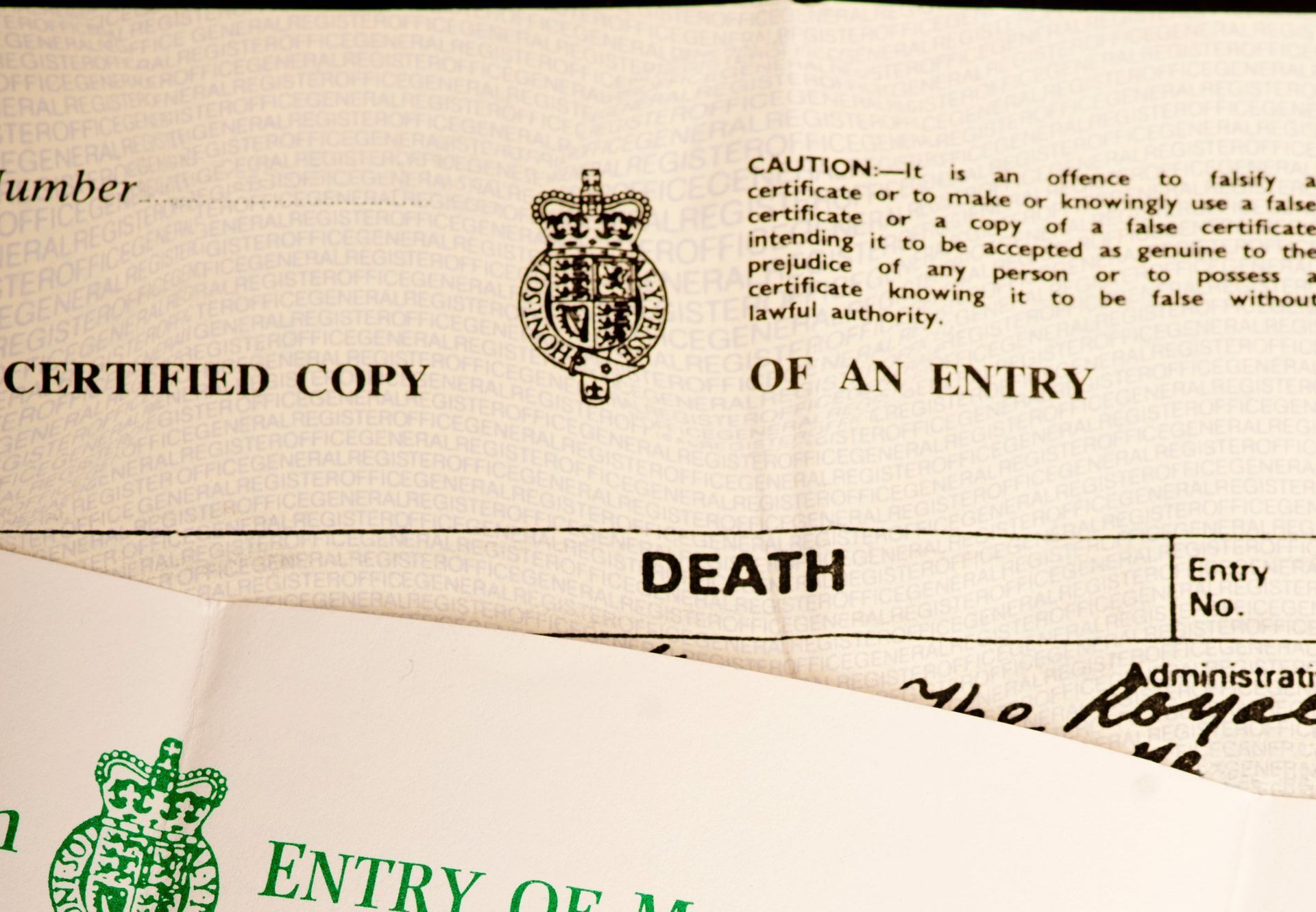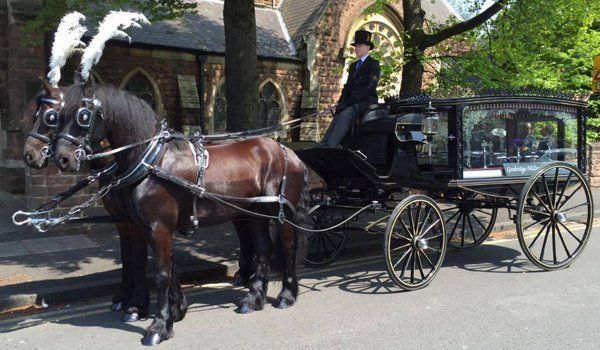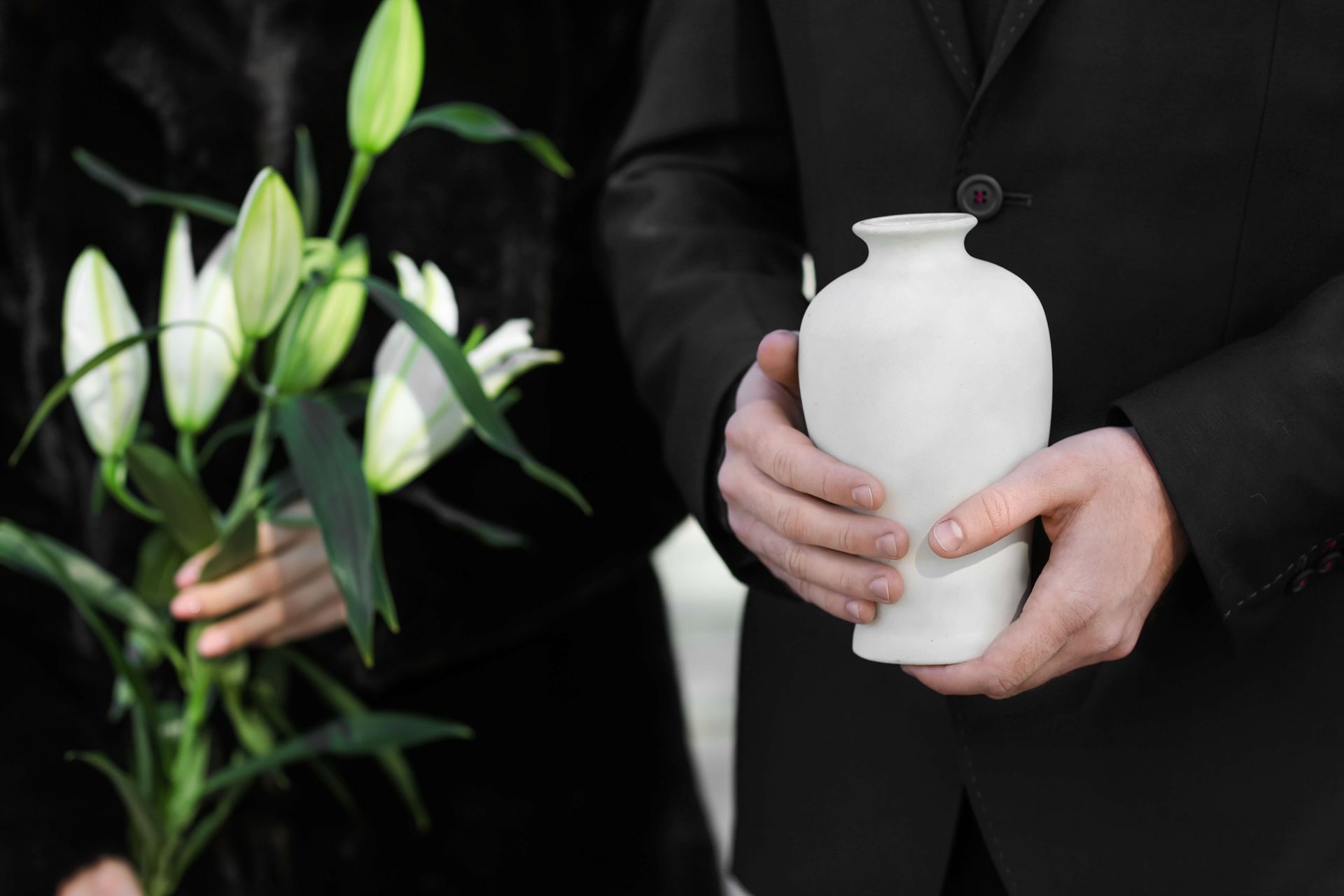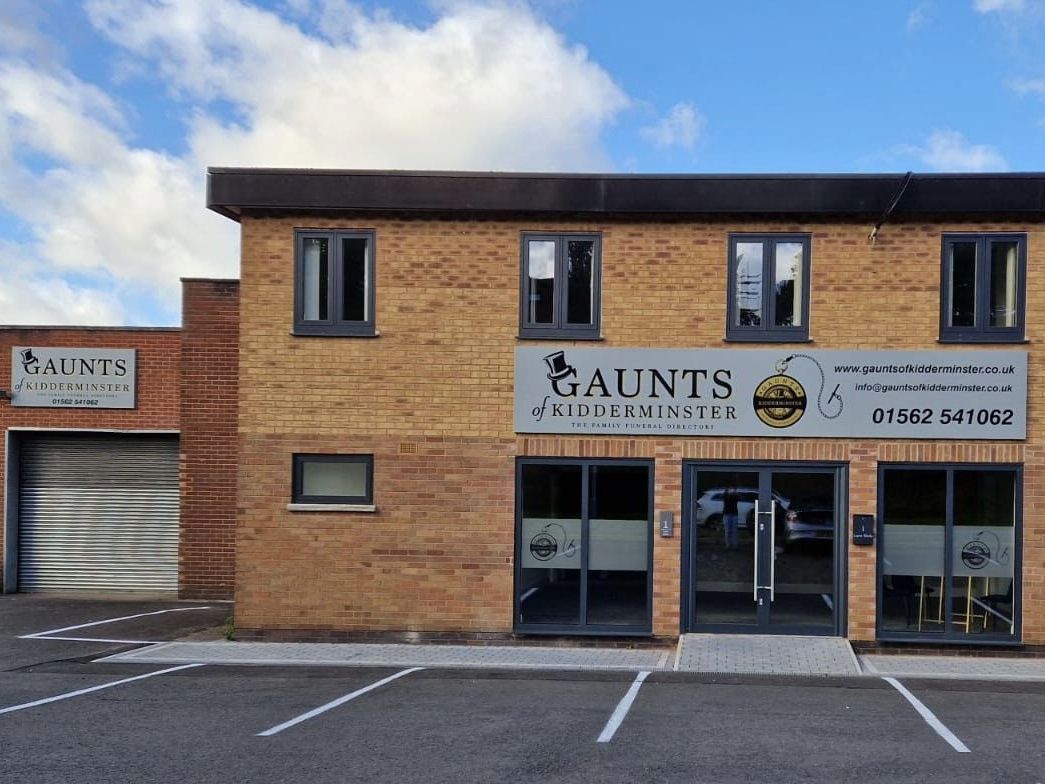What is Probate when Someone Dies
When a loved one passes away, managing their estate can be a complex and emotionally challenging process. One key aspect of this process is probate. At Black Country Funerals, we aim to provide clarity and support during these difficult times. This guide will explain what probate is, why it is necessary, and how it works in the UK.
Understanding Probate
Probate is the legal process of administering the estate of a deceased person. It involves validating their will (if one exists), settling any debts, and distributing the remaining assets to the beneficiaries. The process ensures that the deceased's wishes, as outlined in their will, are honoured and that their estate is handled according to the law.
When is Probate Required?
Probate is typically required when the deceased owns significant assets, such as property, bank accounts, or investments. The necessity of probate depends on several factors, including:
- Existence of a Will: If the deceased left a will, probate is generally needed to authenticate it and grant the executor the legal authority to manage the estate.
- Type of Assets: Probate may be required for certain types of assets, such as real estate, large bank accounts, or valuable possessions.
- Asset Value: Smaller estates may not need probate, especially if the assets are jointly owned or if the total value is below a certain threshold, which varies by bank or financial institution.
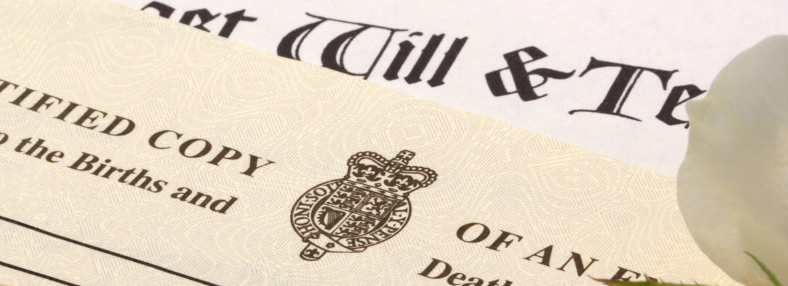
THE PROBATE PROCESS
1-Applying for Probate
- Executor or Administrator: The executor named in the will applies for a grant of probate. If there is no will, a close relative can apply for a grant of letters of administration.
- Application Form: Complete a probate application form (PA1P for probate, PA1A for administration) and submit it to the Probate Registry along with the original will (if applicable) and the death certificate.
- Inheritance Tax: Determine if inheritance tax is due and pay any owed amount. Submit an Inheritance Tax form (IHT205 or IHT400) along with your probate application.
2-Receiving the Grant of Probate
- Once the application is processed and approved, the Probate Registry issues a grant of probate (or letters of administration). This document gives the executor or administrator the legal authority to deal with the deceased's estate.
3-Administering the Estate
- Gathering Assets: Collect all assets, including money from bank accounts, property, and personal belongings.
- Paying Debts: Settle any outstanding debts and liabilities, including funeral expenses and taxes.
- Distributing Assets: Distribute the remaining assets to the beneficiaries according to the will or, if there is no will, according to the rules of intestacy.
THE ROLE OF THE EXECUTOR
The executor plays a crucial role in the probate process. Their responsibilities include:
- Locating and validating the will
- Applying for probate
- Valuing the estate
- Paying any debts and taxes
- Distributing assets to beneficiaries
The executor needs to act in the best interest of the estate and the beneficiaries, maintaining transparency and fairness throughout the process.
WHEN PROBATE IS NOT REQUIRED
Probate may not be necessary if:
- The estate is of low value, typically under £5,000 (this threshold can vary).
- The deceased owned assets jointly with another person, such as a spouse, where ownership automatically passes to the surviving owner.
- Certain life insurance policies or pension benefits are designated to specific beneficiaries.
Probate is a vital process that ensures the proper administration of a deceased person's estate. While it can be complex, understanding the basics can help ease the burden during a difficult time. At Black Country Funerals, we are here to offer support and guidance through every step of the process. If you have any questions or need assistance with probate or funeral arrangements, please do not hesitate to
contact us.



